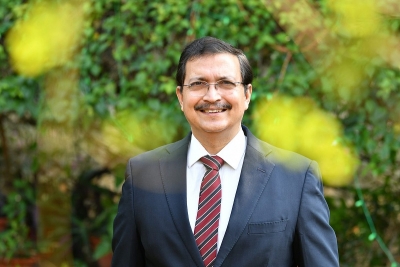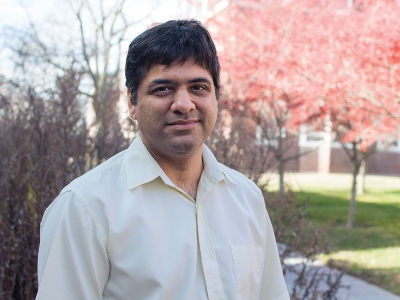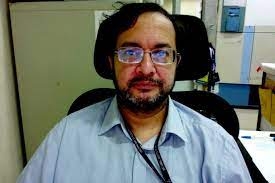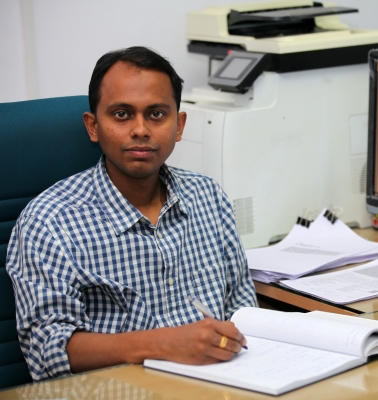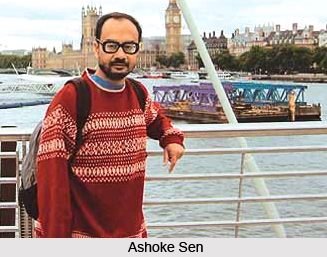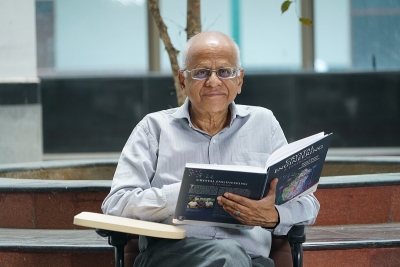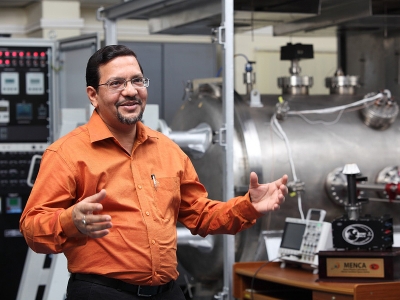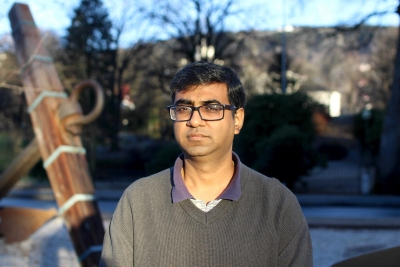What do we know about Dr. Abhijit Mukherjee?
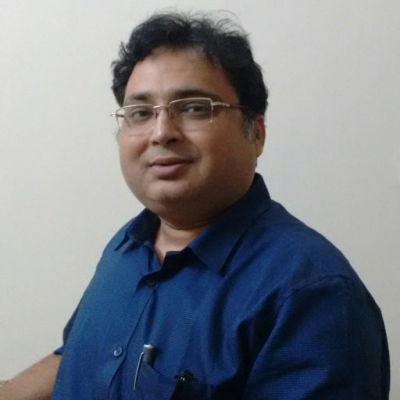
Dr. Abhijit Mukherjee, a professor of Geology from IIT- Kharagpur features among the top 100 influential people of 2020 by Time magazine. He is famous worldwide for his research in the field of groundwater exploration.
His team introduced a prediction model based on Artificial Intelligence for detecting arsenic in groundwater in the Gangetic delta. This feat was noted by the Jal Jeevan Mission.
A groundwater-surface water interaction is yet another one of his specializations. This work supplied important data regarding drinking water and food security to the Indian government. Dr. Abhijit Mukherjee has done ample researches on groundwater quantity and scarcity by understanding groundwater storage changes over the Indian subcontinent. This was achieved with advanced computation and Artificial Intelligence techniques.
Another significant role of Dr. Mukherjee is as head of one of South Asia's first Urban Geo-science projects in Varanasi. He has won the Shanti Swarup Bhatnagar Prize for 2020 in the field of Earth, Atmosphere, Ocean and Planetary Sciences.
Picture Credit : Google
